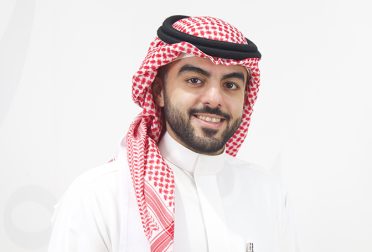Dr. Bryan Moser leads the teaching team for SDM core courses and is responsible for shaping the learning objectives and quality of delivery of SDM courses and research. He directs the Global Teamwork Lab (GTL), a group with students and researchers at MIT and the University of Tokyo. Prior to returning to MIT in 2014, he worked for 25 years in industry at companies such as Nissan Motor Company, United Technologies Corporation, and as founder and President of Global Project Design, a firm pioneering software and methods for model-based project management.
Bryan focuses on engineering teamwork for complex systems problems and use of model-based methods to improve performance of diverse teams. He received a Bachelor in Computer Science and Engineering in 1987 and a S.M. in Technology and Policy from the MIT in 1989. His doctorate in 2012 is from the University of Tokyo, Graduate School of Frontier Sciences.
How would you describe SDM’s approach to systems, what some have referred to as “systems thinking” and “systems doing”?
Systems thinking and doing are ways of viewing and parsing the world. A system is an entity with meaning and performance beyond the collection of its parts. The role and functions of the system are emergent, driven by the technologies and people who make up the system but also – importantly – how they are connected and dynamically interact.
The most critical engineering challenges are complex and thus require us to see the world as a system of systems: technologies, organizations, and society itself. Engineering for complex systems requires attention across multiple technical disciplines. We must consider the connectedness of ideas we promote, products we design, operations we build, and the diverse stakeholders who participate, benefit, and are at risk.
What do you consider the most important elements of SDM?
SDM provides a unique, rigorous, and integrated core curriculum linking systems architecture, systems engineering, and project management. Focused on the future of engineering for complex systems and industries, our students engage in hundreds of hours of team-based projects to strengthen thinking, leadership, and coordination skills. As members of both the School of Engineering and School of Management, students have the opportunity to engage with leading faculty and researchers across multiple disciplines.
SDM’s greatest strength is our diverse, global community of students and teaching faculty. Together they bring a wealth of experience from the field, enriching activities inside and outside the classroom. We are all part of the remarkable MIT ecosystem whose porous boundaries allow for discovery and inspiration.
What makes the thesis process an important part of SDM?
To dig deeply into meaningful questions in partnership with a research advisor is a powerful experience, especially in the middle of a career when this chance to step back and focus may be rare. In the mens et manus tradition of MIT, scholarship and practical craft are both essential. As engineering leaders, we must excel at understanding and contributing to the exploration of new ideas while translating the newest knowledge from across fields into practical societal impact.
Early in the first semester at MIT, SDM students have a chance to meet faculty and researchers from across MIT Engineering and Management schools. There are constant co-curricular events too – guest lectures, conferences, student-led projects – that provide an opportunity first to broaden one’s view of potential thesis topics and then to find an advisor and dig in.




